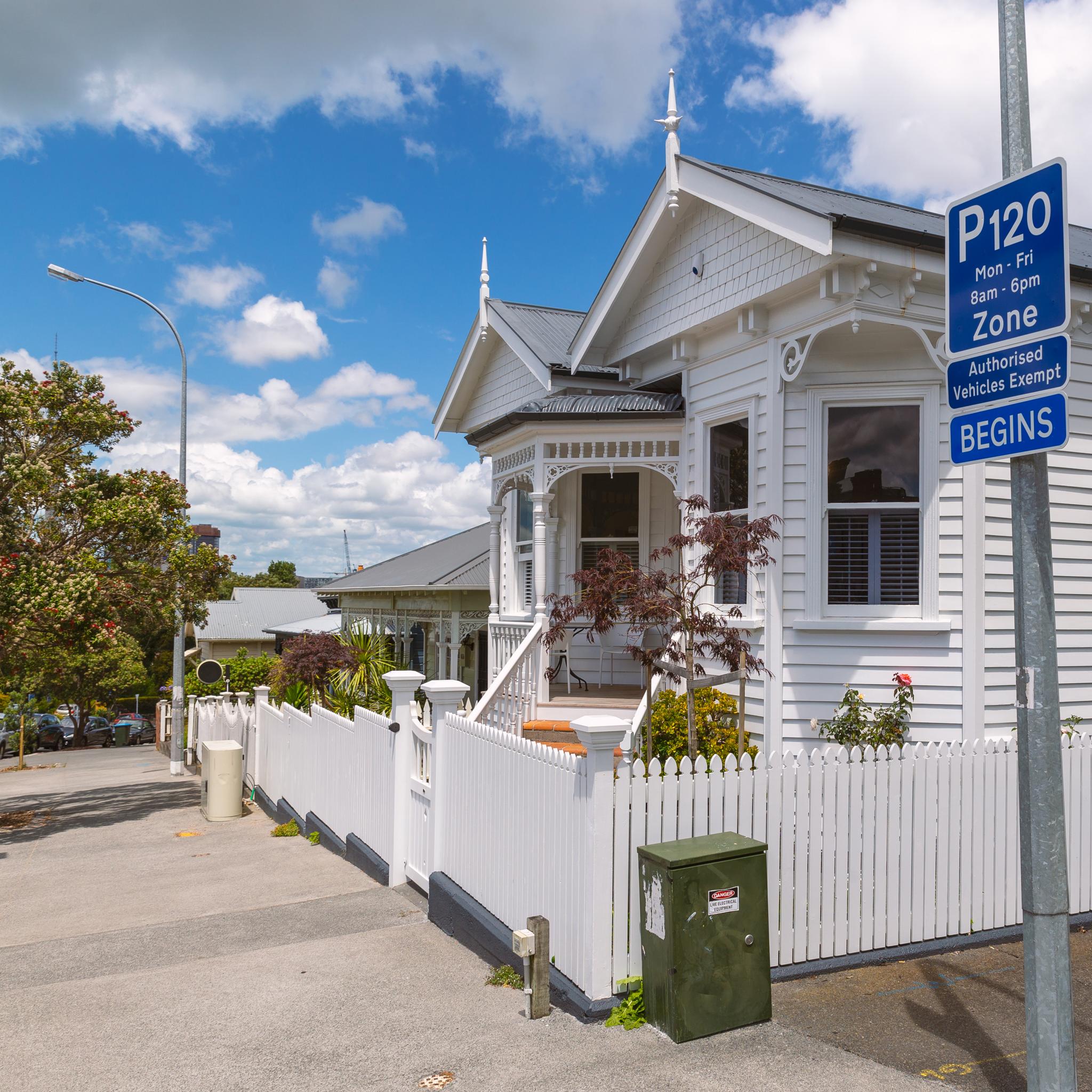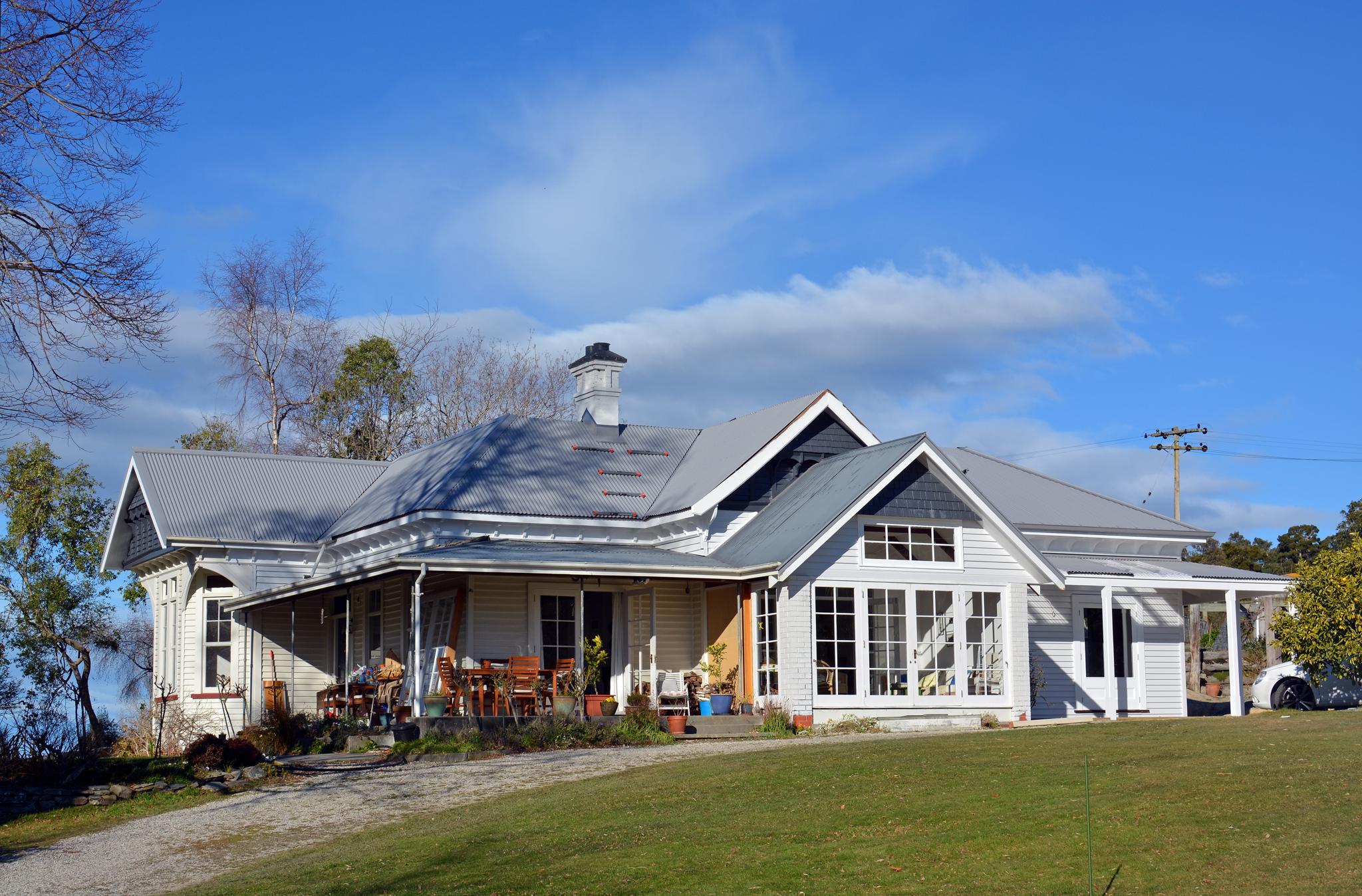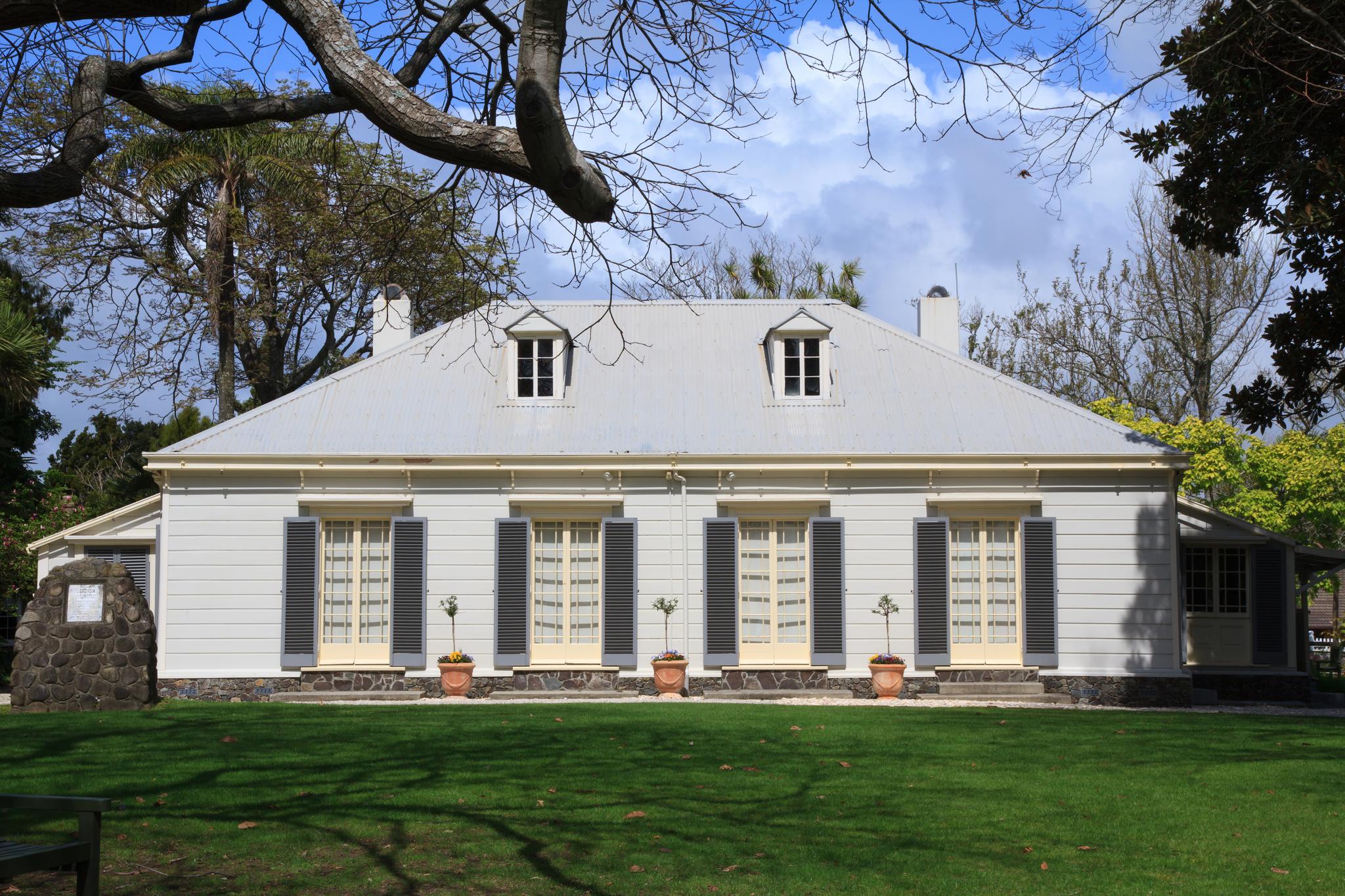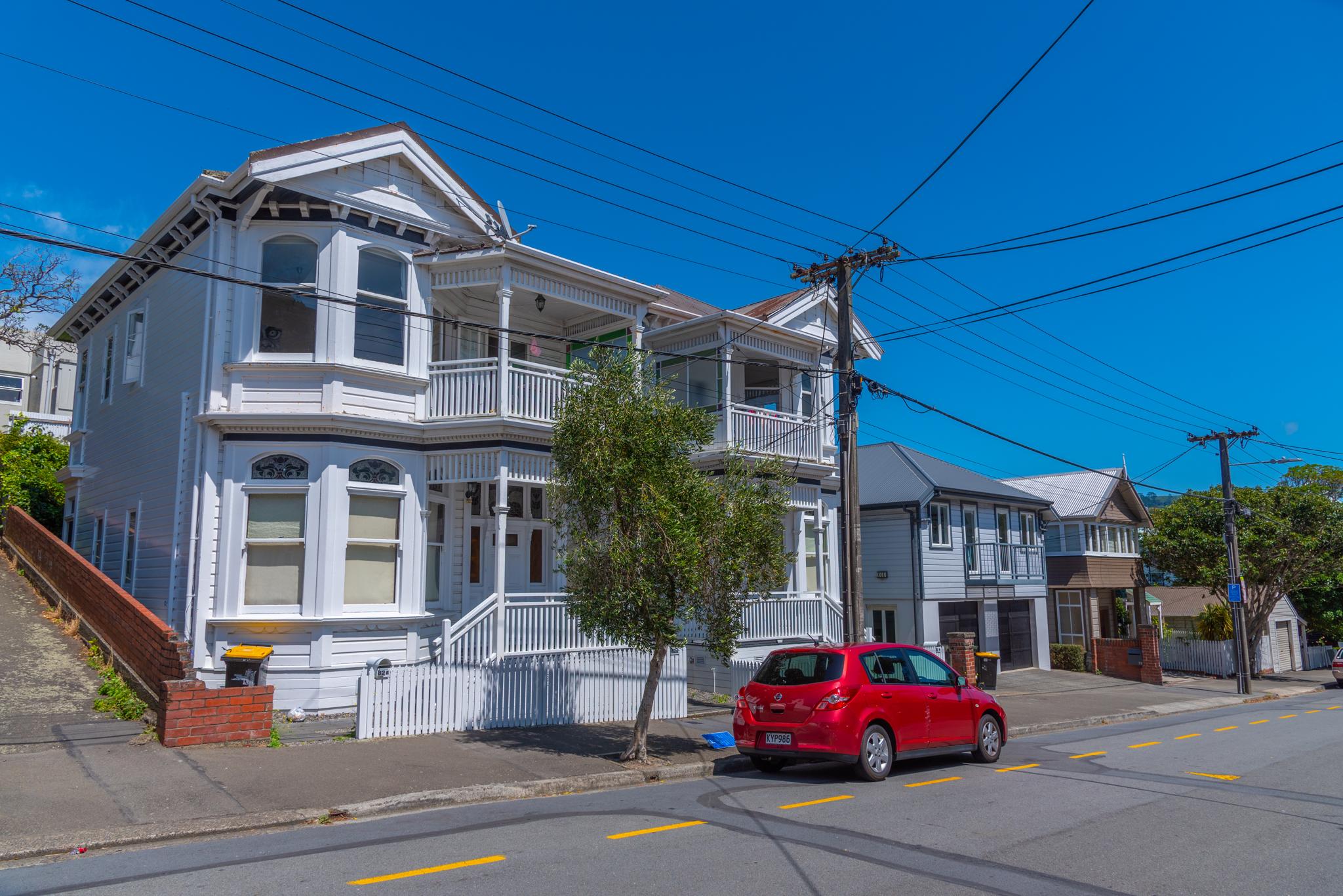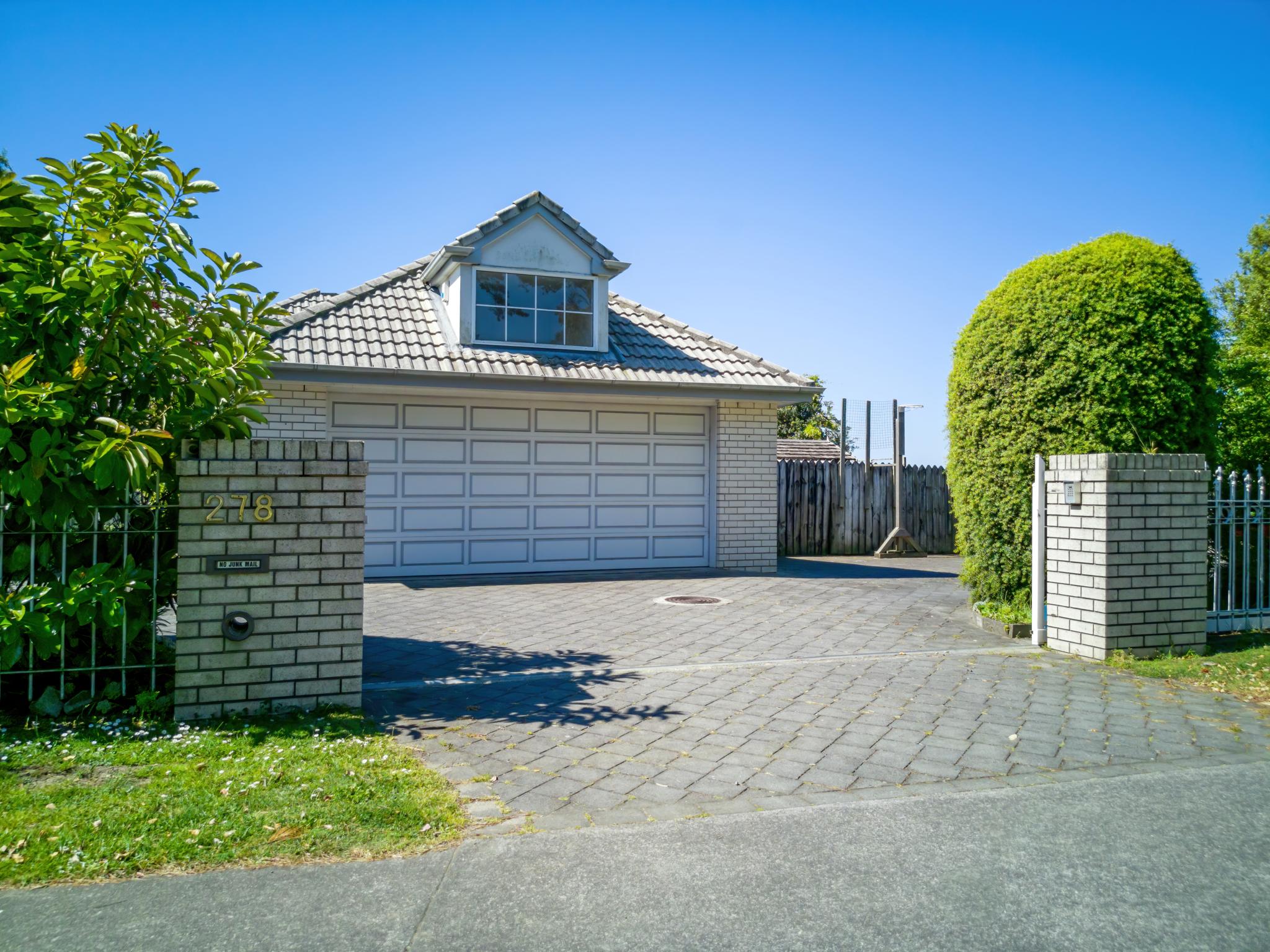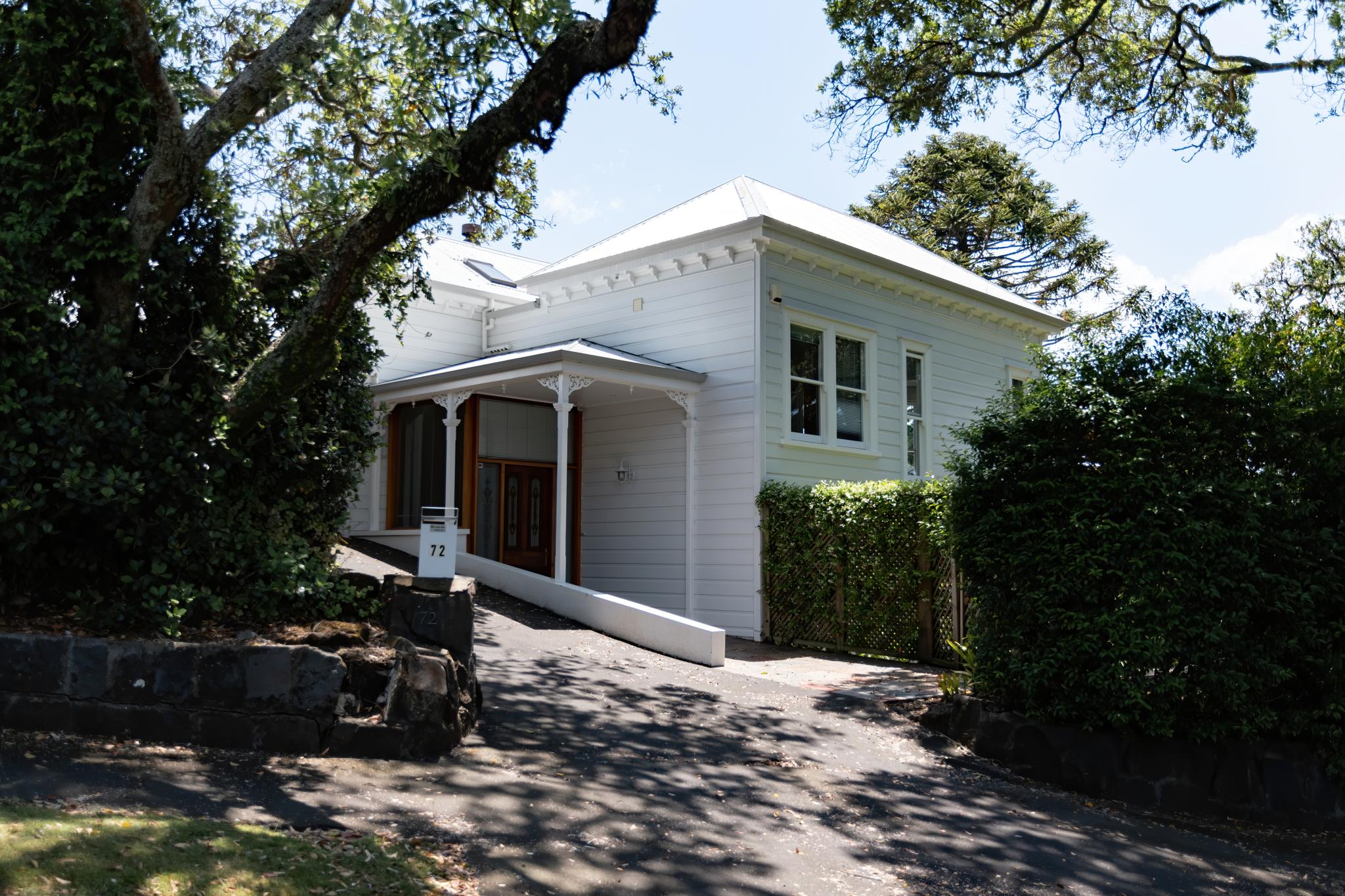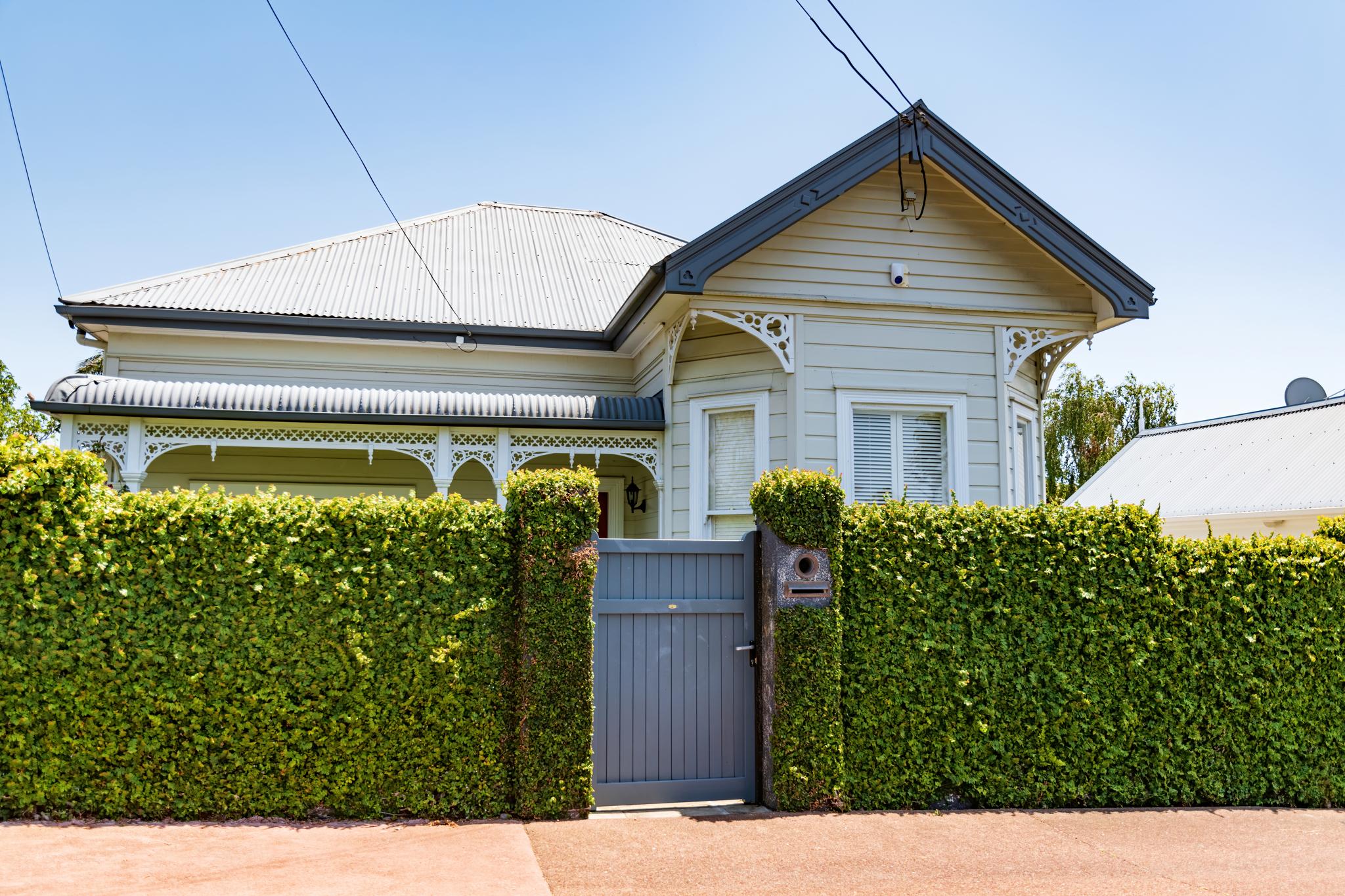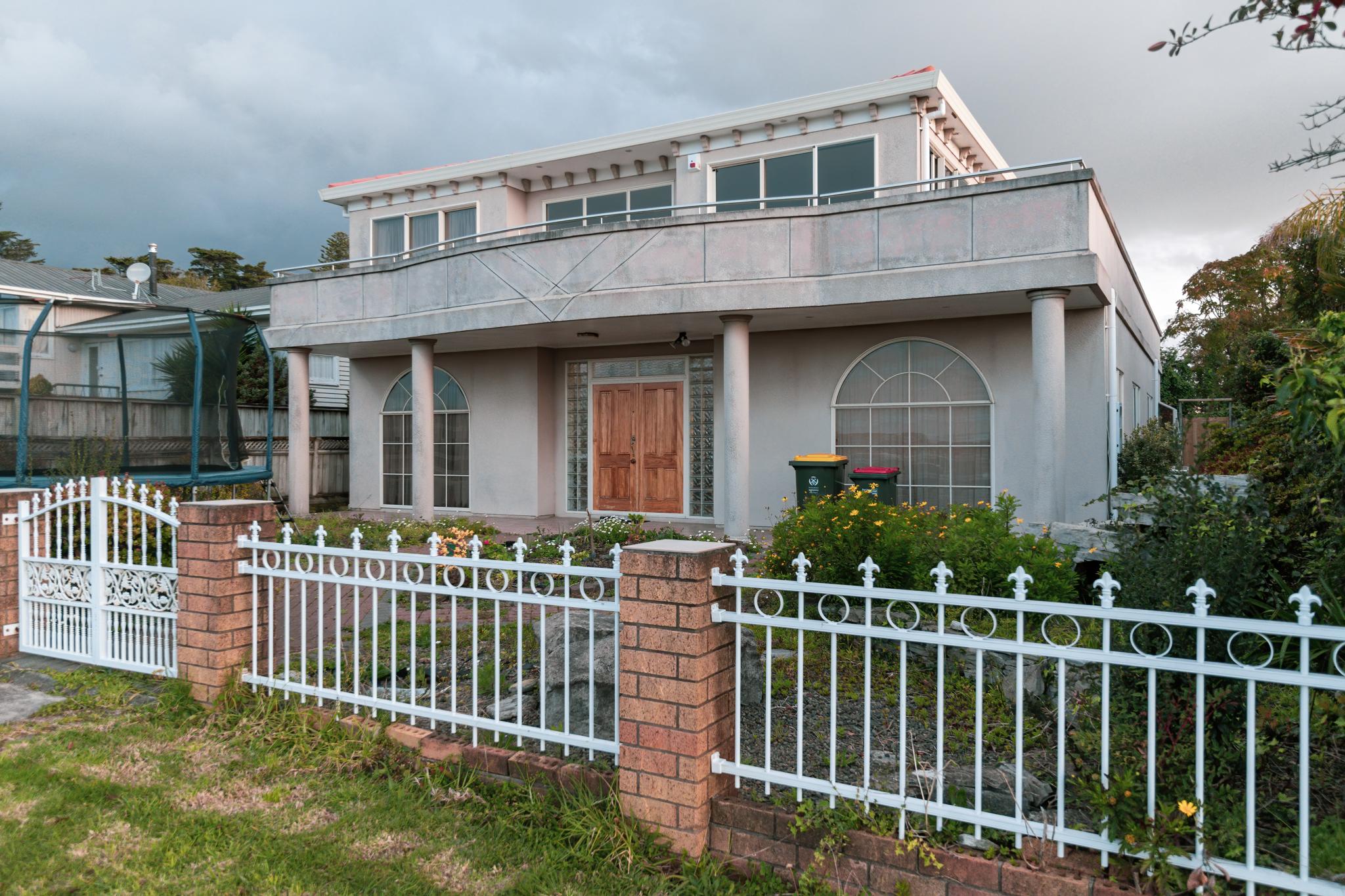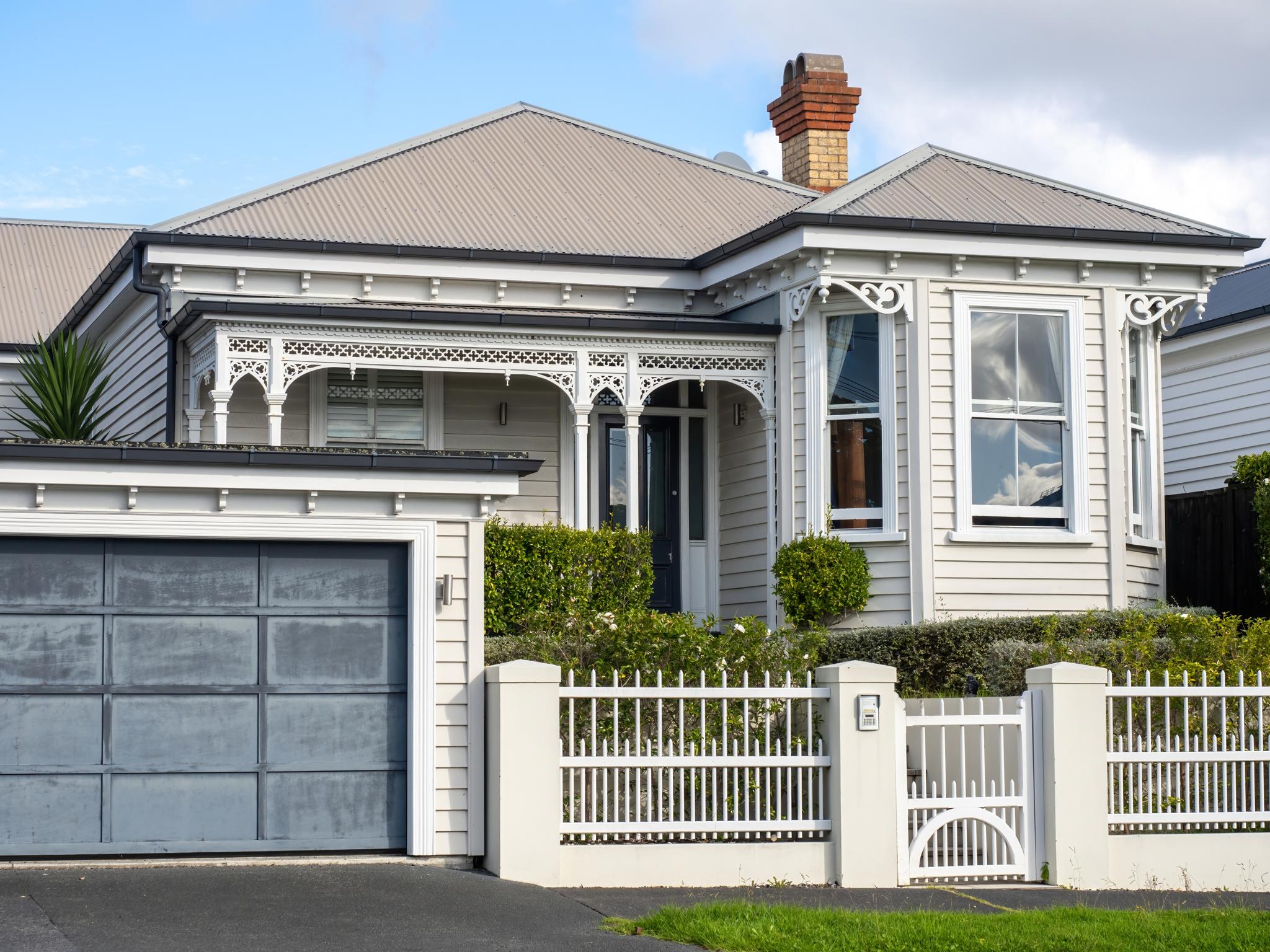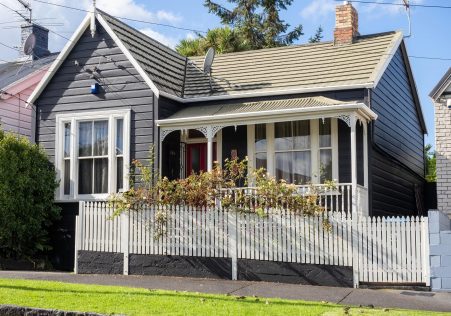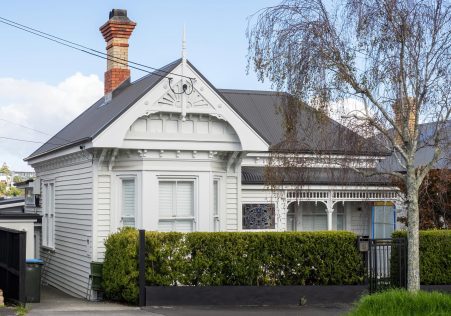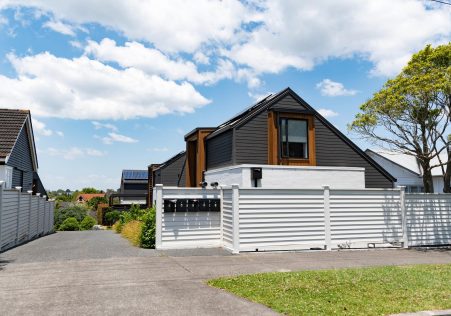What We Do
As building inspectors, we handle all elements involved in professional home Inspections. We’re here to ensure that you make the best choice when it comes to purchasing your next property.
We take your investment seriously and conduct comprehensive examinations to make sure you don’t encounter any unpleasant or costly surprise costs, meaning you are able to relax and focus on the fun parts of buying or owning the home.
We specialise in a variety of services to make sure that you are fully informed about the condition of any property you may be thinking of buying or selling along with other services.
We don’t just work with you , but we also have large clients including municipal councils and banks and insurance firms. Evidently , they enjoy this peace of mind provided, due to the details included in our reports on building inspections.
With our systematic method of conducting your house inspection as well as the latest technology in software that incorporates digital images into your document, you are able to actually see any problems that might be identified. Thanks to our comprehensive reporting it’s easy to understand why we have so many customers who recommend our service to family members and acquaintances.
Get in Touch - Have Peace of Mind
